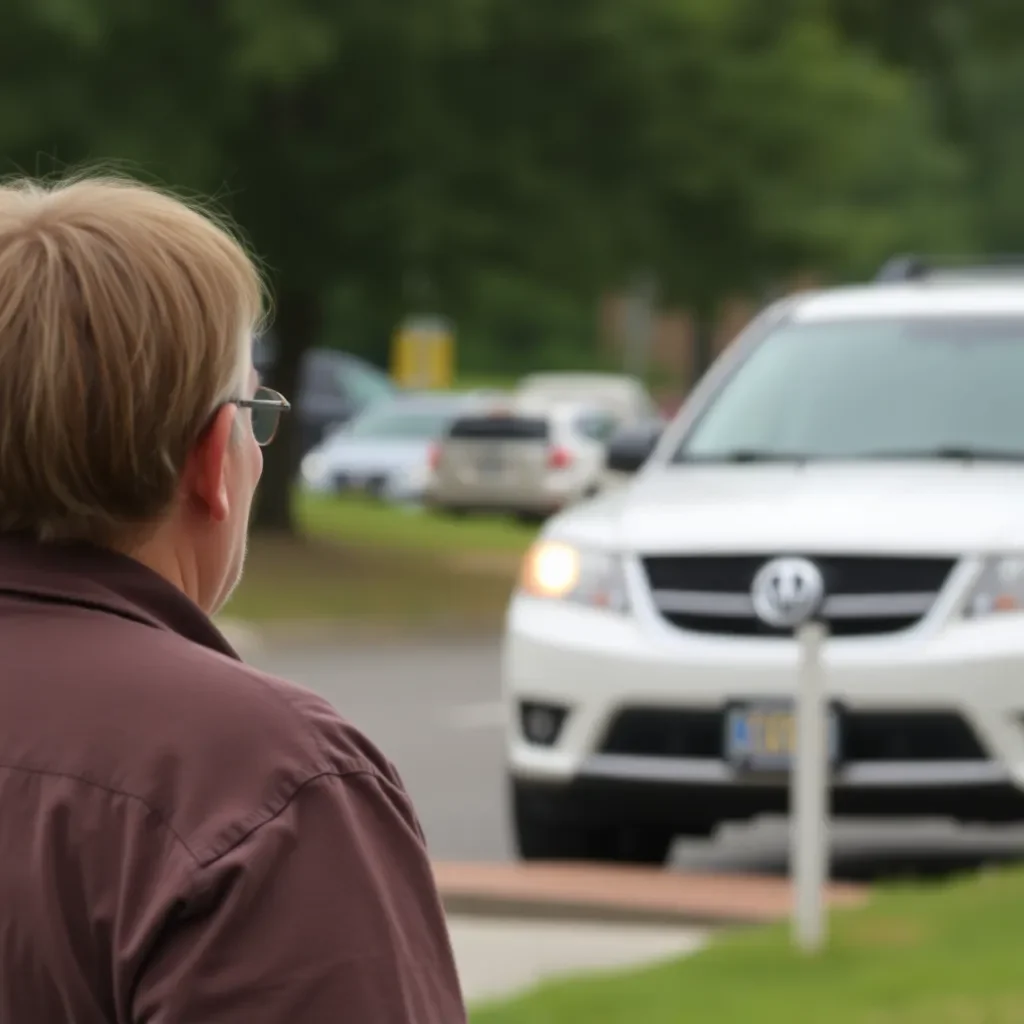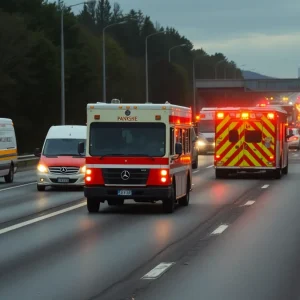Lexington County Debates Proposed Vehicle Fee Amid Community Concerns
Lexington, SC – Last week, residents gathered for a public hearing to discuss a proposal that has sparked considerable debate among the community members. On October 22, the Lexington County Council held the hearing to explore the idea of imposing a $30 annual fee on every vehicle registered in the county.
Brent Munnerlyn, a town of Lexington resident, shared his apprehensions about the timing of this proposed fee. He stated, “We are still recovering from the economic impacts of COVID-19, inflation is squeezing family budgets. Adding this fee now would only slow our recovery and make life harder. The county should explore more equitable funding options.” His sentiments resonated with many who attended the hearing, as nearly a dozen people voiced their opinions on the matter.
The proposed fee, if approved, could generate approximately $8.7 million annually for the county, given that there are around 290,000 registered vehicles in Lexington County. The funds would primarily focus on road improvements that some council members argue are much needed to cope with the county’s growth.
A Call for Change
Interestingly, Brent Rewis, a former deputy secretary of planning for the state Department of Transportation, was the only speaker to advocate for the vehicle fee. He pointed out that growth in the region is inevitable, stating, “I’ve seen the growth. Everybody’s seen the growth. It’s coming whether you want it to or not … You can either ride the wave of change or get smothered underneath it.” His perspective highlights a divide in the room regarding how best to manage improvements for a rapidly growing community.
The council has also discussed a potential penny tax that could be placed on the ballot in 2026. However, this idea has met resistance before, as it was previously rejected in 2014 and 2022. Should it pass, this penny tax could bring in hundreds of millions annually for road enhancements.
Shared Concerns
But not everyone is convinced that imposing a vehicle fee is the solution. Munnerlyn emphasized that the fee could disproportionately affect low-income residents, a concern echoed by Helen Lanier from Swansea. She implored council members to collaborate with residents to explore alternative funding strategies. “Our community needs your support,” she said. “You need our support.”
Another resident, Sandy Wade from Chapin, echoed similar frustrations, asserting, “There’s just got to be a better way to be able to come up with money that we need for roads.” Her remarks reflect a growing sentiment among residents who believe options should be explored beyond taxing county residents.
Public Response
As discussions continue, the ordinance regarding the vehicle fee reached a first reading in March. However, a second reading has yet to be scheduled. Council members indicated that further deliberations on the ordinance would take place during the next council committee meeting on November 12.
This is certainly a topic that mixes the challenges of funding infrastructure with the realities of community economic pressures. As residents await further discussions, there is an evident call to find solutions that consider all voices in Lexington County.


























